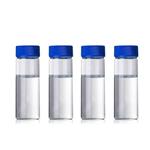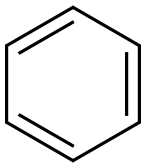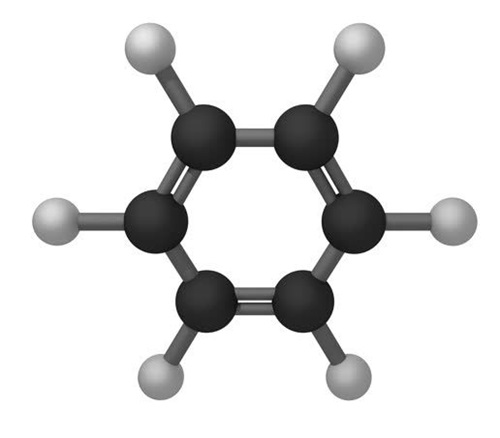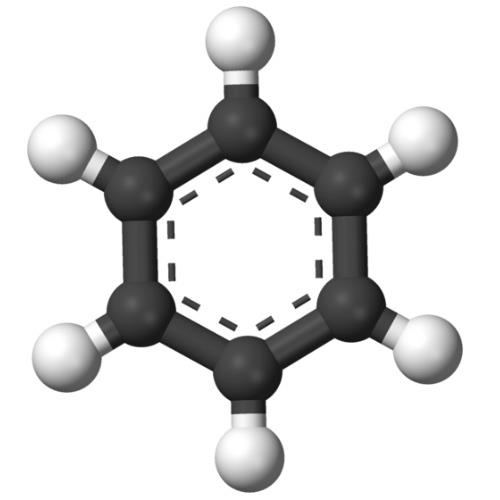Where Can We Find Benzene in Everyday Life?
Benzene, an organic compound, finds widespread application in both industrial and everyday settings. Understanding its origins can aid in assessing potential daily exposure, enabling proactive measures for self-protection. Surprisingly common, benzene emanates from various sources in the home, workplace, and broader environment, warranting awareness of its prevalence.

At Home
Benzene pervades various areas within your household, notably present in paint thinners, furniture adhesives, glues, and resins. Its ubiquitous presence and cost-effectiveness render it a prevalent contaminant in everyday household items, including shampoos and hair conditioners. Additionally, benzene serves as a hazardous byproduct of cigarette smoke, posing health risks with prolonged exposure.
To safeguard your well-being, gradually transition to safer alternatives for these products. Simple substitutions, such as opting for essential oils or rubbing alcohol instead of solvent-based cleaners, can significantly bolster your long-term health. Moreover, adopting a smoke-free lifestyle substantially diminishes exposure to benzene and other detrimental chemicals.
In the Office
The pleasant aroma of benzene occasionally leads to its use as an air freshener substitute in office environments. While it may offer temporary olfactory gratification, its usage raises pertinent health concerns. Benzene exposure correlates with two distinct respiratory issues: alterations in breathing patterns and increased difficulty in expelling carbon dioxide from the lungs. These factors elevate the risk of respiratory ailments such as asthma and chronic obstructive pulmonary disease (COPD).
Moreover, diminished oxygen levels resulting from slow breathing or reduced exhaled CO2 levels can lead to persistent fatigue and diminished cognitive acuity over time. Furthermore, such conditions can impede cardiac function. Excessive benzene exposure can induce profound drowsiness and even loss of consciousness. Consequently, medical experts advocate for the use of N95 respirator masks when working in proximity to these chemicals, whether at home or in professional settings.
At School
In chemistry class, benzene might have been utilized in synthesizing methyl alcohol, a precursor to industrial solvents. Commonly employed as dry-cleaning agents or paint thinners, solvents pose a health hazard if mishandled, as they can permeate their containers and emit vapors into the surrounding air. Inhalation of these vapors constitutes a significant health risk.
Consequently, prudent measures must be taken when utilizing products containing benzene, such as wearing protective gloves and employing minimal quantities. Benzene is occasionally incorporated into food flavorings and pesticides in small amounts, potentially posing risks if ingested.
Furthermore, traces of benzene are present in many cigarettes, although their impact is often overlooked due to infrequent smoking compared to continuous inhalation throughout the day. Despite the heightened risk of cancer associated with smoking, cultural norms or social pressures often influence individuals to continue this habit, despite well-documented adverse health effects.
You may like
Related articles And Qustion
See also
Lastest Price from Benzene manufacturers

US $0.00-0.00/kg2025-04-21
- CAS:
- 71-43-2
- Min. Order:
- 1kg
- Purity:
- 99.99%
- Supply Ability:
- 20 tons

US $2.00/kg2024-12-17
- CAS:
- 71-43-2
- Min. Order:
- 10000kg
- Purity:
- 99%
- Supply Ability:
- 10000000





